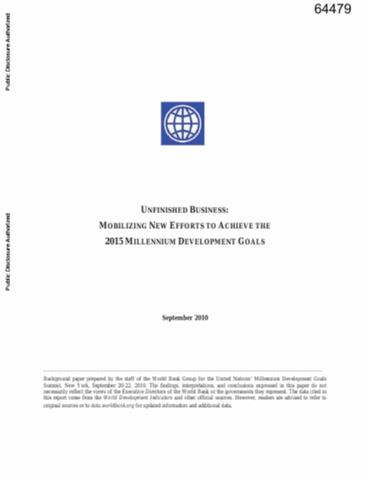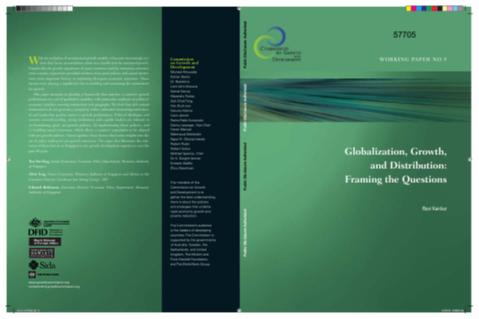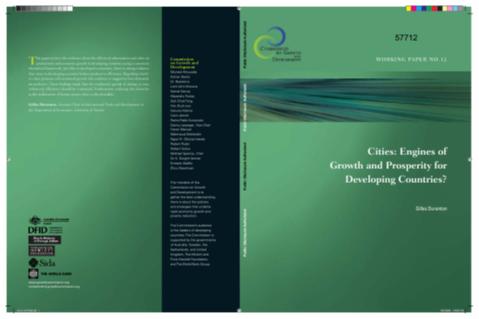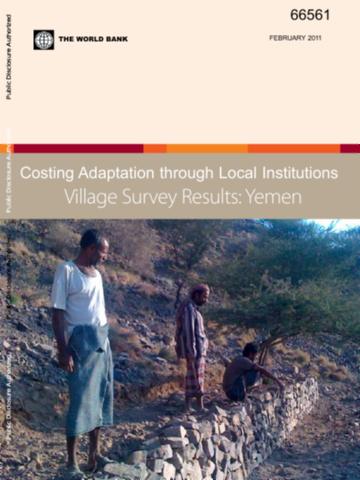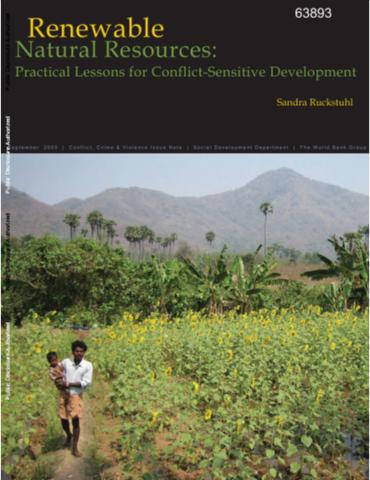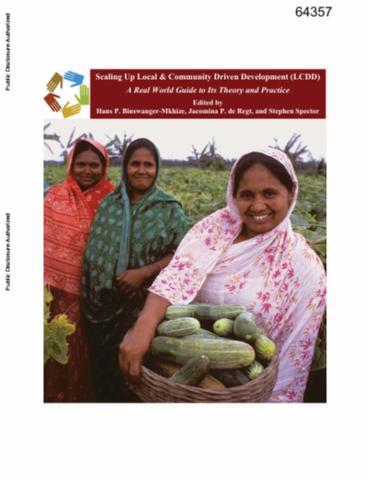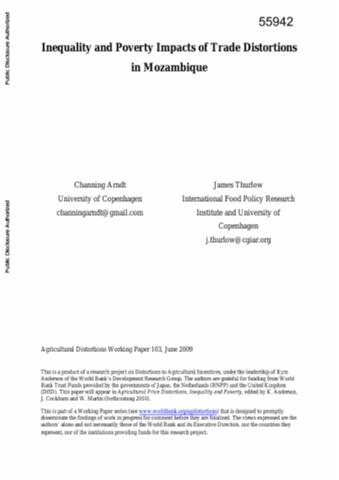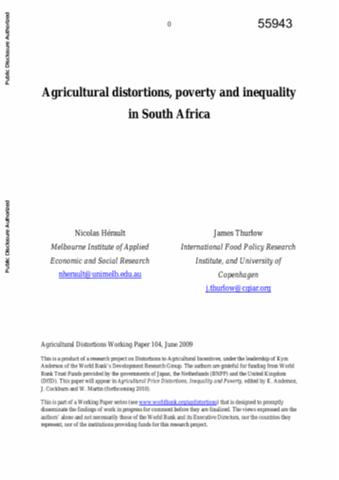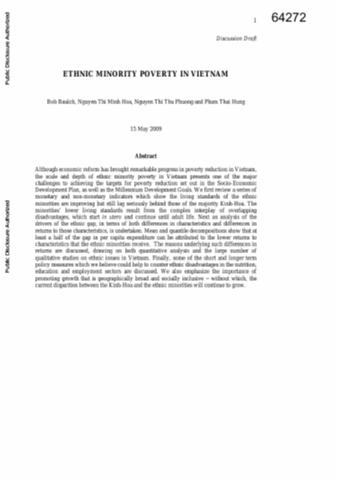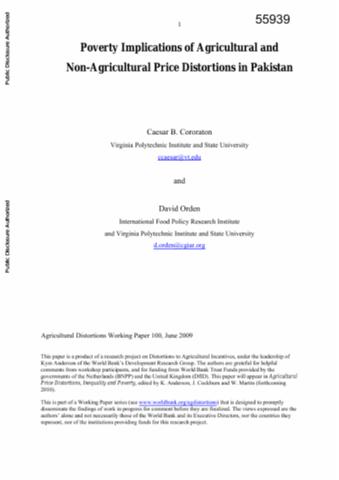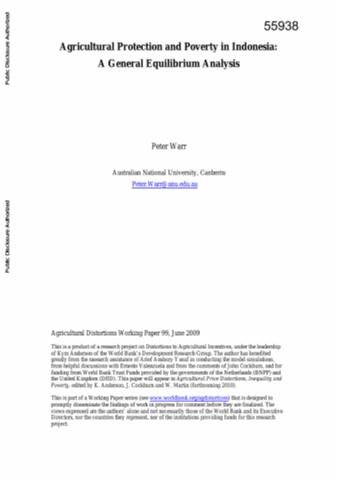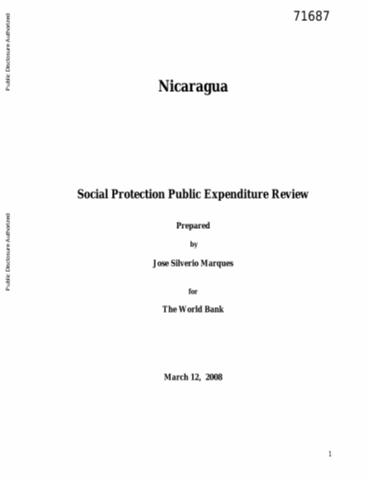Unfinished Business
Backed by sound economic policies and until the global crisis, a buoyant global economy, many developing countries made significant movement toward achieving the 2015millennium Development Goals (MDGs), particularly those for poverty reduction, gender parity in education, and reliable access to safe water. But even before the global economic crisis, progress in achieving some MDGs, especially those on child and maternal mortality, primary school completion, hunger, and sanitation, was lagging. The global food, fuel and economic crises have set back progress to the MDGs.

